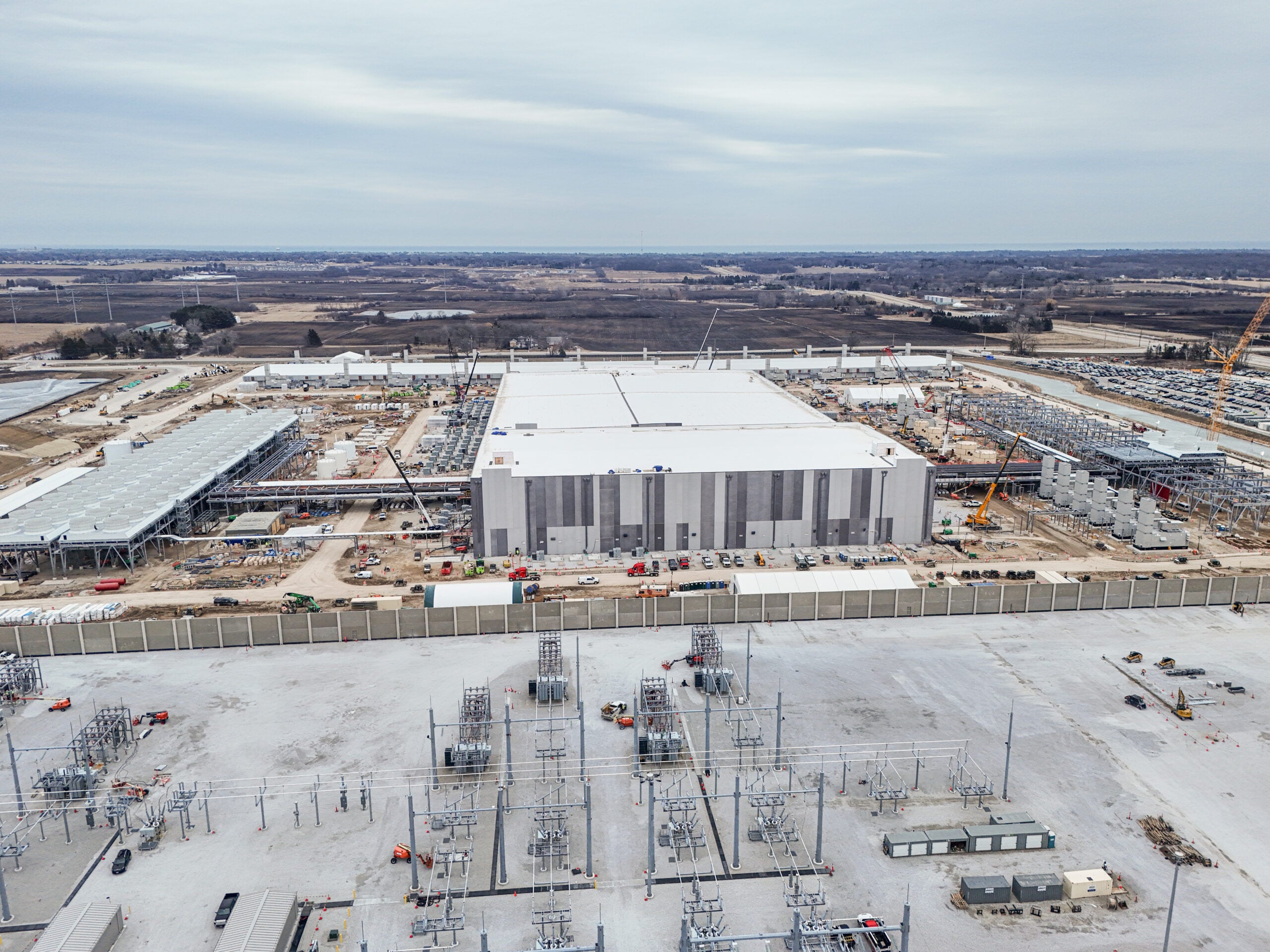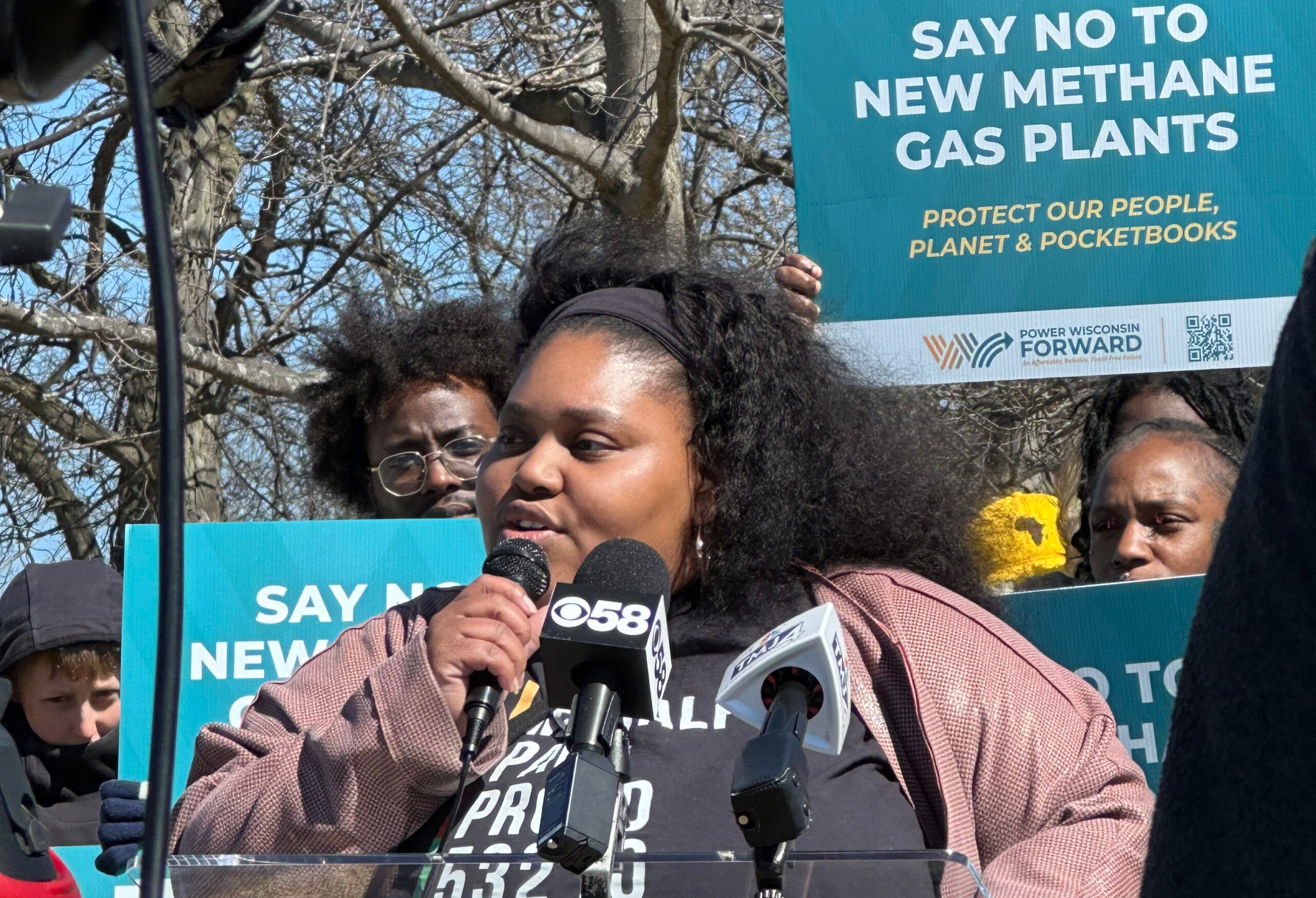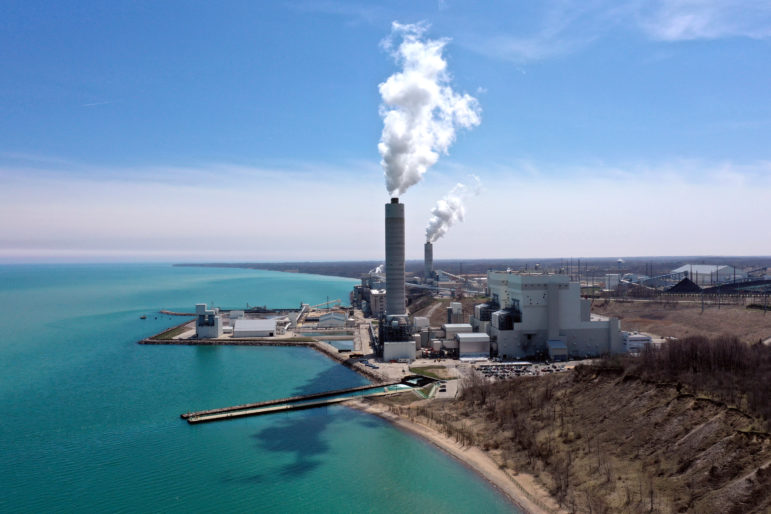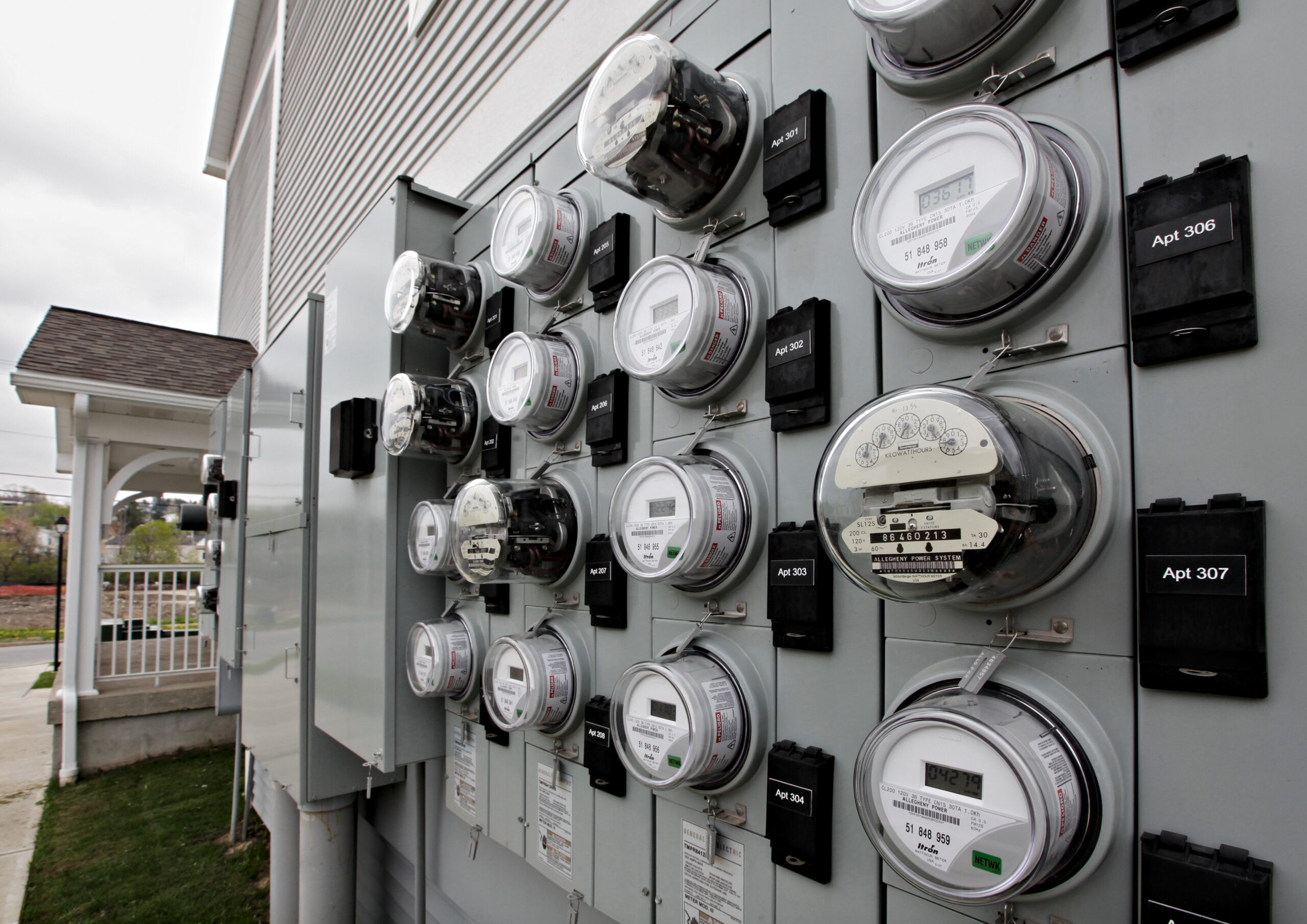Most Wisconsinites could see their heating bills go down if the state experiences an average winter, but overall home heating prices are expected to remain “near record levels.”
That’s according to projections from the National Energy Assistance Directors Association, or NEADA. The association is forecasting that natural gas prices will go down by roughly 7.8 percent compared to last winter, with propane and heating oil costs going up by 4.2 and 8.7 percent respectively. NEADA also projected that electricity heating costs would increase by 1.2 percent this season.
In Wisconsin, roughly 70 percent of households use natural gas to heat their homes, 12 percent use electricity and all other sources combine to create the remaining 18 percent, according to the U.S. Energy Information Administration. Natural gas and electricity are typically provided by utilities, while those using propane or heating oil typically buy from a local provider.
Stay informed on the latest news
Sign up for WPR’s email newsletter.
Although natural gas costs are expected to decrease after peaking during last year’s heating season, they’re still projected to be at their second-highest levels since at least 2014, according to NEADA’s projections. Utilities and consumer groups say a variety of global factors have led to higher natural gas prices, driven by Russia’s invasion of Ukraine.
Officials for Xcel Energy and WEC Energy Group — the parent company of We Energies and Wisconsin Public Service — said NEADA’s projections for this winter’s natural gas costs are relatively in line with their own forecasts.
WEC Energy Group spokesperson Brendan Conway said his utility expects to release its winter heat estimates in mid-October, but they anticipate lower heating bills this winter. Similarly, Xcel Energy Spokesperson Chris Ouellette said her utility anticipates that its customers will pay about 8 percent less this year compared to last.
“We are seeing that the wholesale natural gas prices are significantly lower than last winter,” Ouellette said. “And those savings will then be able to be passed on to our customers on their energy bills.”
However, NEADA says the Midwest region of the country, which includes Wisconsin, is expected to have a colder winter than last year.
Conway said the severity of winter weather has an impact on bills.
“The more your furnace is running, the higher your bill is going to be,” he said. “A more mild winter, we’d expect to see lower bills. Obviously, in a colder winter and in those really cold days, you’re going to see higher heating bills because the vast majority of your bill is simply the cost of natural gas.”
In rural parts of the state, where natural gas lines haven’t been connected, homes are more likely to use propane, said Tom Content, executive director of the Citizens Utility Board of Wisconsin. He said those households could see a significant increase in their heating costs this winter, based on NEADA’s projections.
“They should definitely be prepared and try to get the best deal they can for their propane, whether that’s buying in advance or making sure they shop around,” Content said.
There are steps all customers can take to winterize their homes ahead of the heating season, like ensuring their home is adequately insulated, sealing drafty areas and getting a furnace inspection.
“Doing those things now while the weather is still nice out is always the easiest thing. You don’t want to wait until it starts snowing, and you’re having to get outside in the cold to take care of some of those leaks,” said Tony Palese, a spokesperson for Alliant Energy.
For natural gas customers concerned about heating bills, utilities recommend reaching out and inquiring about payment plan options. Wisconsin has an annual moratorium on utility disconnections that runs from November until mid-April, but officials say it’s better to contact providers sooner rather than later to ensure service isn’t disconnected.
“Disconnections are very expensive. They’re expensive for the company (and) it’s expensive for our customers, so we try to avoid that as much as we can by working with our customers,” Ouellette said. “Even though you have that time period in which we cannot legally disconnect you, you still are accruing the amount of billing that you are using, so it’s very important to stay in touch with your utility and make those arrangements ahead of time.”
Content said ratepayers can ask their electric utility about “time-of-use” rate plans, which bill customers based on how much energy they use and when they’re using it. That allows customers who use more electricity at periods of low demand to see savings on their bills.
The utilities and Citizens Utility Board of Wisconsin also said those concerned about energy bills should try to find out if they qualify for the Wisconsin Home Energy Assistance Program, learn about some of the free products and rebates available through Focus on Energy or seek energy assistance through the Keep Wisconsin Warm Fund.
Editor’s note: Alliant Energy and the Citizens Utility Board of Wisconsin are underwriters of Wisconsin Public Radio.
Wisconsin Public Radio, © Copyright 2025, Board of Regents of the University of Wisconsin System and Wisconsin Educational Communications Board.





